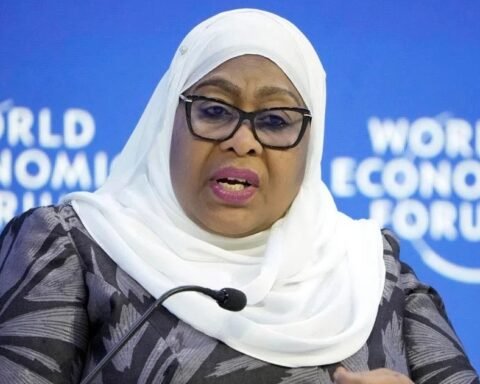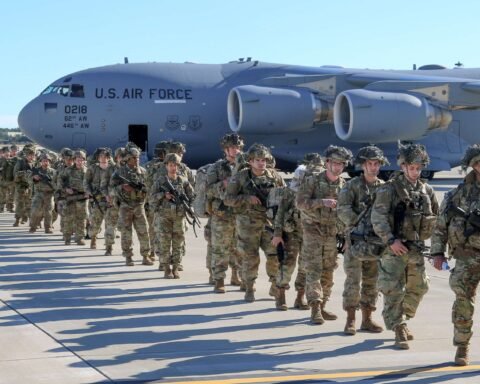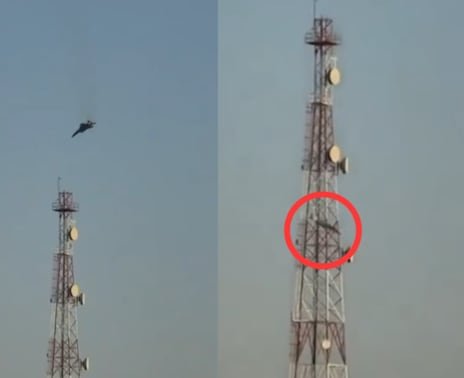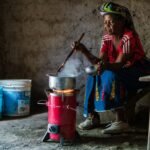The government of Tanzania has announced that 100 specially trained rats have been deployed to various countries for lifesaving missions, including landmine detection and tuberculosis diagnosis.
Speaking in Dodoma while presenting the 2025/26 budget for the Ministry of Education, Science and Technology, Professor Adolf Mkenda confirmed that the program was progressing under the APOPO project at Sokoine University of Agriculture.
The trained rodents, commonly known as African giant pouched rats, have been sent to countries with long-standing landmine contamination, including Angola (13 rats), Azerbaijan (11 rats), Cambodia (58 rats), and Ethiopia (6 rats). Additionally, 12 rats have been sent to the United States to participate in public exhibitions and promote awareness of their capabilities.
“These rats are not just trained; they are highly skilled and serve a vital global role,” Prof. Mkenda said. “We are proud of this scientific achievement, which blends Tanzanian innovation with international impact.”
The rats are trained to detect TNT and Mycobacterium tuberculosis using their acute sense of smell. Unlike traditional detection methods, the rats can work swiftly and without the risk of detonating explosives due to their light body weight.
Also Read; US and China Reach Breakthrough in Tariff Dispute
This training takes place over several months at APOPO’s Morogoro campus, where the animals are raised and taught to associate specific smells with rewards. Once fully trained, they are certified and deployed internationally.
The program gained global attention with success stories such as that of Magawa, a HeroRAT who received a medal for discovering over 100 landmines in Cambodia before retiring in 2021.
Beyond mine clearance, the rodents play a critical role in diagnosing tuberculosis in laboratory settings—often identifying cases that conventional lab tests miss. This is especially useful in countries where TB remains a leading public health threat.
The Tanzanian government has pledged continued investment in this program and related scientific research, aligning with its broader vision to support global peace and health initiatives.







